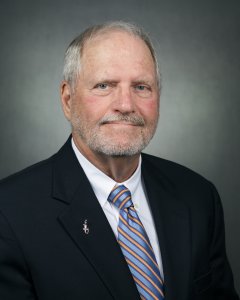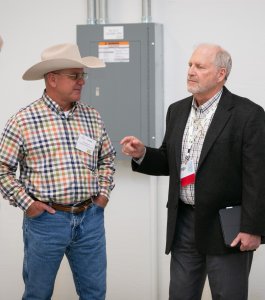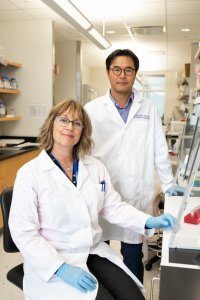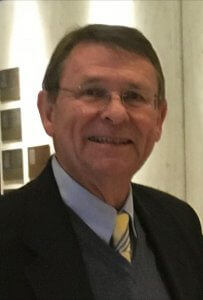April e-Newsletter Session Update
The Florida Legislature wrapped up the only remaining business for the 2020 Legislative Session: passing a budget. Unanimous votes in each chamber sent the largest budget ever to the desk of Gov. Ron DeSantis.
Some general highlights of the $93.2 billion budget include more than $600 million in funding to improve water quality and Everglades projects, $500 million toward teacher pay raises, $100 million for the Florida Forever conservation program and $300 million to respond to the impacts of COVID-19.
Obviously, the effects of COVID-19 will have dramatic impacts on the state’s economy, and could force the Legislature to revise the budget in a special session or dip into the $3.8 billion the state has in reserves.
Agriculture Budget Items Close Strong
UF/IFAS
At one point during session, it looked as if UF/IFAS would receive no funding for any of their budget requests as well as lose funding for several recurring projects that were funded in previous years. But last-minute funding that was added when the Appropriations Chairs met over the weekend.
At the end of the day, the most important request for additional workload dollars was funded at $3.8 million, with $1.7 of that being recurring. These funds allow UF/IFAS to carry out the essential research and Extension services that agriculture depends on.
The cuts to the existing programs were also restored, meaning that what began as a potential setback year became a significant step forward for UF/IFAS.
FDACS
As we reported last week, budget items for the Florida Department of Agriculture and Consumer Services (FDACS) ended up much better than where they started. The Fresh From Florida program will be fully funded at $5.9 million. The initial House proposal included a $3.7 million cut. The Rural and Family Lands Program will receive $8.7 million this year after being zeroed out in 2019. The Office of Ag Water Policy also received funding for eight additional staff that will be integral to implementing provisions of SB 712 requiring BMP verifications.
Other areas of the FDACS budget were sufficiently funded. Throughout session, there were several proposals to modify the department significantly and how it was funded, but in the end, they were not adopted.
Ask Gov. DeSantis to Sign SB 712: The Clean Waterways Act
This week, we sent out a “Call to Action” urging Gov. DeSantis to sign SB 712, the Clean Waterways Act. This legislation, as mentioned before, was a priority for Farm Bureau this year because it implements a comprehensive, science-based approach to restoring and protecting Florida’s water resources. If you have not done so already, please participate in sending Gov. DeSantis a letter urging him to sign this legislation into law. You can do so at the link below:
https://www.votervoice.net/BroadcastLinks/4jg4clJtSqNOj45I6Yf3MQ
COVID-19 Response
Leadership in the State of Florida is laser-focused on preventing the spread of and mitigating the impacts of Coronavirus, or COVID-19.
Gov. DeSantis has declared a state of emergency, urging all Floridians to avoid gatherings and practice social distancing. As a result, many businesses are closed or working remotely.
Among the many actions taken to mitigate this crisis and assist Floridians in navigating the new normal, Gov. DeSantis issued Executive Order 20-52, which authorized the Florida Department of Transportation to relieve hours of service requirements and the size and weight restrictions for divisible loads on any vehicles transporting emergency equipment, services, supplies and necessary agricultural commodities.
President Designate Releases Video
On Tuesday, March 17, Senate President-Designate Wilton Simpson released a message to Floridians on the importance of Florida agriculture during the COVID-19 pandemic. President-Designate Simpson commended the farmers, ranchers and growers who have remained focused on feeding Floridians and Americans during this time.
Please take a moment to view and share the video: https://www.youtube.com/embed/1aPoLAriLLA
Wrap-up
At the close of the 2020 session it’s clear that it has been a successful one for Florida Farm Bureau and our partners in the agricultural community. Protecting the BMP program through additional credibility and additional research was a big victory in SB 712. That bill also effectively stopped a “Rights of Nature” movement that could have significantly increased frivolous lawsuits filed against Florida farms. We also worked to ensure that ag employers could verify employment eligibility through the I-9 process as well as the E-Verify system, helping to relieve additional burdens on our employers.
Successful outcomes in these areas were essential, and we appreciate the Legislature and our members for their hard work to make it happen.
We will continue to keep you updated over the coming weeks as the Governor takes action on bills and the budget and as we look forward to the election cycle.





